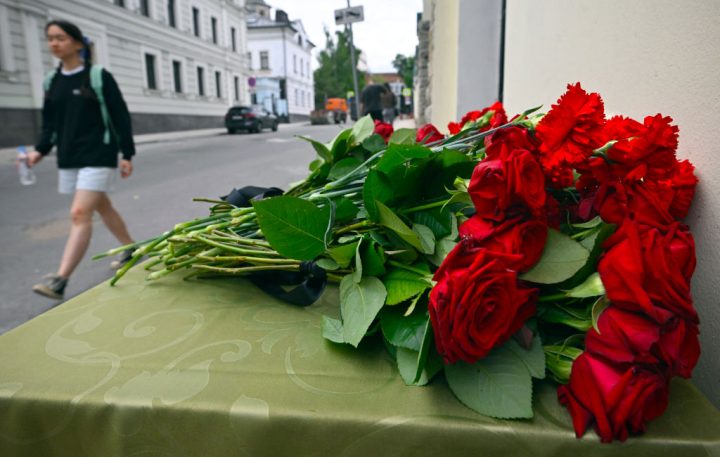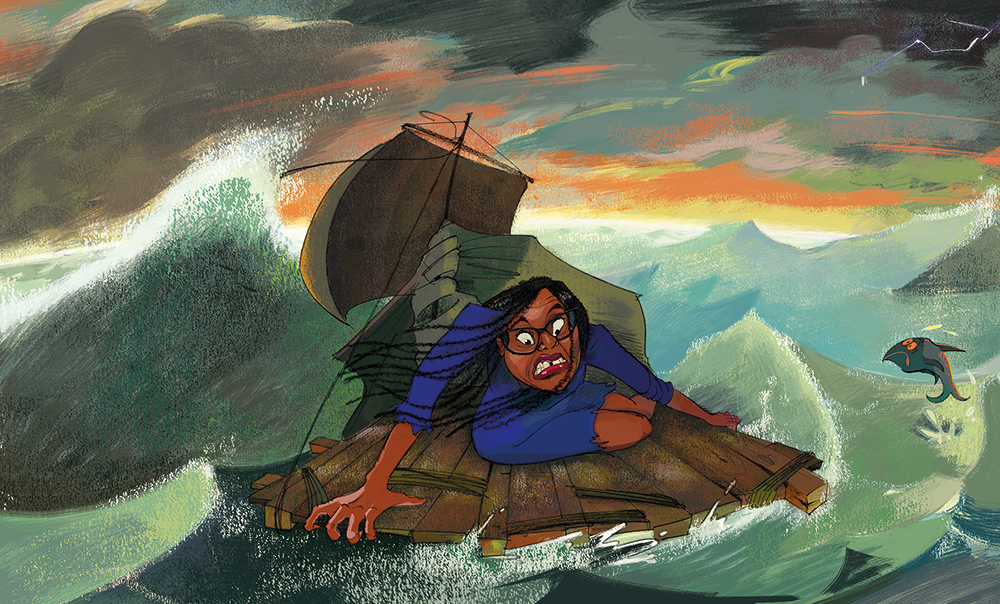Twenty people have been killed – including 15 police officers and a priest – following two coordinated gun attacks in the southern Russian republic of Dagestan. The attacks began simultaneously at approximately 6pm local time yesterday in the cities of Derbent and Makhachkala, with the groups targeting two synagogues and two churches. In Makhachkala, the assailants also opened fire on a traffic police checkpoint.
According to the Dagestani authorities, at least 46 people have been injured, although unconfirmed reports suggest the true number may be higher. The church and synagogue targeted in Derbent have both burnt down.
There has been little pressure on the Russian security forces to identify and neutralise Islamist terror threats
Overnight, the Russian authorities launched a counter-terrorism operation in the region to track down those responsible. Road blocks were set up, power was cut off in central Derbent and shooting could be heard in the the cities’ streets. The head of the Dagestan region, Sergei Melikov, confirmed that six of the assailants have been ‘eliminated’. While the authorities have yet to confirm how many attackers were involved in the shootings, it is understood that several still remain at large. Nevertheless, the authorities ended the counter-terrorism operation shortly after 8:15 a.m. today. Three days of public mourning have been declared.
Dagestan is a predominantly Muslim-inhabited region of Russia where inter-ethnic and religious tensions have regularly flared over the last few decades. It is a neighbour of Chechnya, the Muslim-majority republic which has frequently rebelled against Russian rule. The city of Derbent, meanwhile, is home to a long-standing Jewish community, increasingly the targets of anti-Semitic incidents in the republic.
The Dagestan attacks come just over three months to the day after 145 Muscovites were killed in a terrorist attack on the Crocus City Hall music venue in March. The terror group Isis claimed responsibility for the attack, although that didn’t stop the Kremlin from insisting that Ukraine was, in fact, behind it. In an attempt to save face days after the attack, Putin even boldly claimed that ‘Russia cannot be the target of terrorist attacks by Islamic fundamentalists’.
As I wrote at the time, the Russian authorities’ decision to baselessly deflect blame for the attack onto Kyiv risked taking resources away from counter-terrorism efforts within the country. With the blame game focussed on Ukraine, there has been little pressure on the Russian security forces to identify and neutralise Islamist terror threats originating from within the country. Now, the results of that strategy are beginning to become tragically clear.
While no terror group has yet to take responsibility for the shootings, the Isis branch responsible for the Crocus City Hall attack posted a statement on their social media last night praising their ‘brothers for the Caucasus’ for demonstrating their capabilities. This suggests that the Islamic State’s Northern Caucasus branch Wilayat Kavkaz may have been behind the attack. In the aftermath of the Crocus City Hall attack, the Sino-Russian security and defence group Shanghai Cooperation Organization, specifically warned that Wilayat Kavkaz had stepped up their activity and recruitment efforts in the region, although it appears that the Russian authorities did little to act on this.
As in March, the official blame game over who is responsible has begun again. Overnight, Melikov released a video message in which he linked yesterday’s attack to the war in Ukraine. ‘We must understand that the war has come home to us. We have felt this before, but today we are directly faced with this war.’ The official Russian line on the attack is clearly yet to materialise as Dmitry Rogozin, senator for the Russian-occupied Zaporozhye region, has warned that ‘if we blame every terrorist attack linked to national and religious intolerance…on scheming by Ukraine and Nato, then this pink mist will lead us to bigger problems’.
Putin himself is yet to comment on last night’s attack, expressing condolences to the families of those affected via his spokesperson Dmitry Peskov. Whether he will at all isn’t clear – Dagestan is, after all, far from Moscow and the elites whose support the Russian president courts are a bigger priority. But until Russia accepts the reality of the Islamist threat growing within its borders and gets to grips with it, the tragic events of last night will not be the last likely terror attack on its soil.








Comments